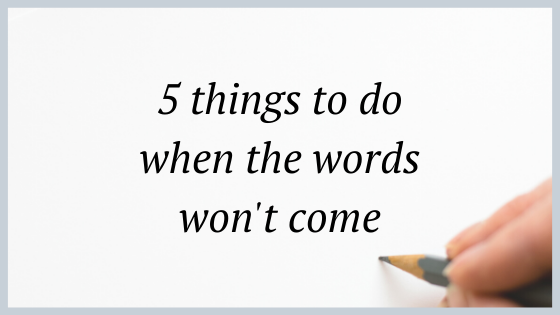Why I’m fascinated by magical doors and mysterious thresholds
I’ve always been captivated by doors, staircases, and any kind of threshold. To me, they signify a beginning, the unknown, and taking a chance. They’re the moment when we grip our courage tight and step out into something altogether different. *** “What do we do?” said Steve. “Well, we can’t Read more…









